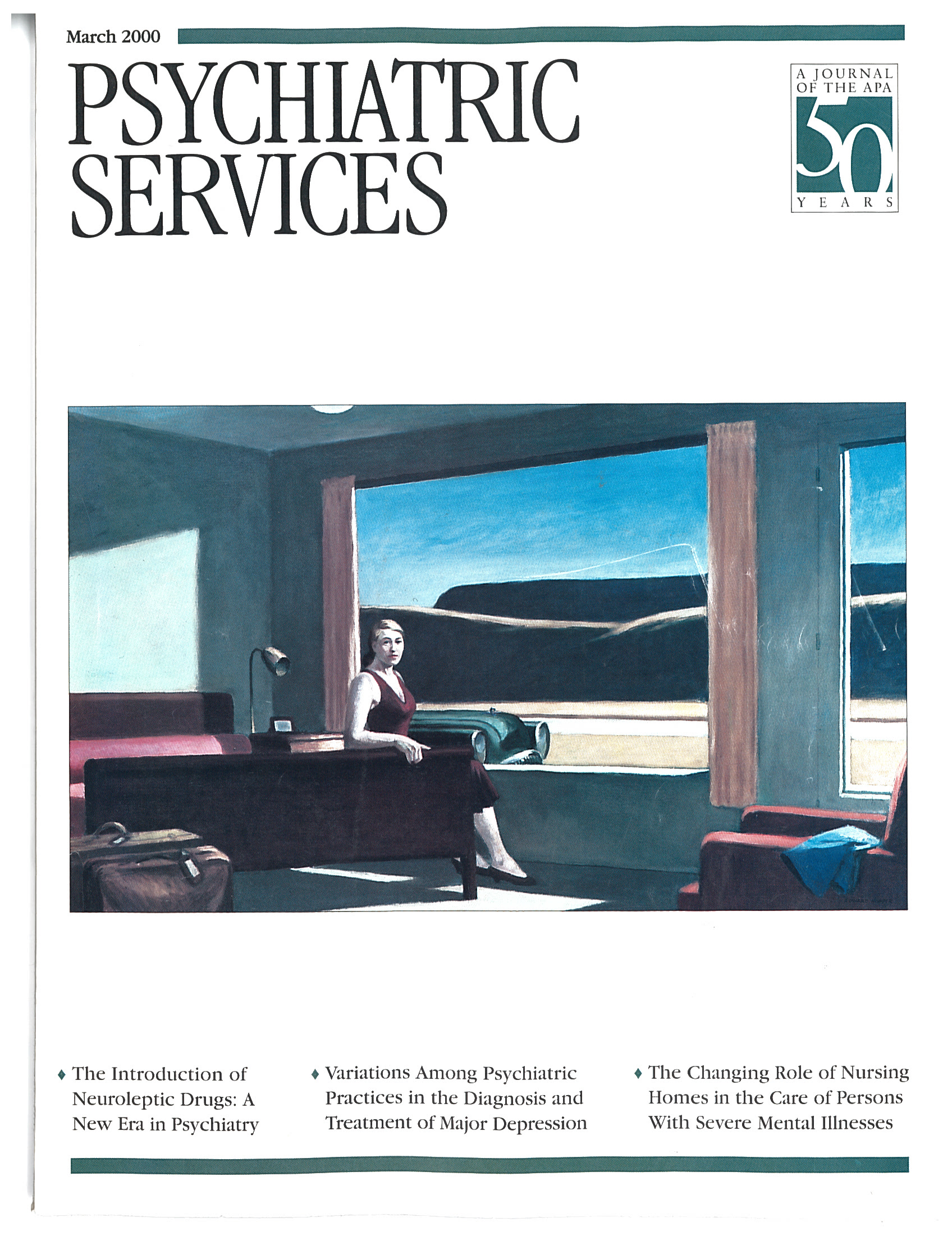Managing Aggressive Psychotic Patients
To the Editor: I enjoyed Dr. Hughes' article on the acute psychopharmacological management of the aggressive psychotic patient in the September 1999 issue and found it quite complete. However, I have to question the emergency administration of psychotropic medications orally, for several reasons. Not only do medications that are administered intramuscularly act more quickly at full strength because they avoid liver pass, but also, and much more important, titration is immeasurably more dependable.
Variations in absorbtion of orally administered drugs range from a few minutes to several hours. Therefore, after a half hour to an hour or two, there is no way of knowing, in the absence of a response, whether the drug has not been absorbed or whether the dosage perhaps must be much increased. This situation can be both frustrating and potentially dangerous. Perhaps two or more doses will be absorbed all at once, producing a toxic response.
I routinely ask nurses to administer such medications intramuscularly, even when the patient is quite compliant, to assure not only the quickest response but also the safest and most predictable control.
Dr. Durgin is in private practice in Fayetteville, New York.



